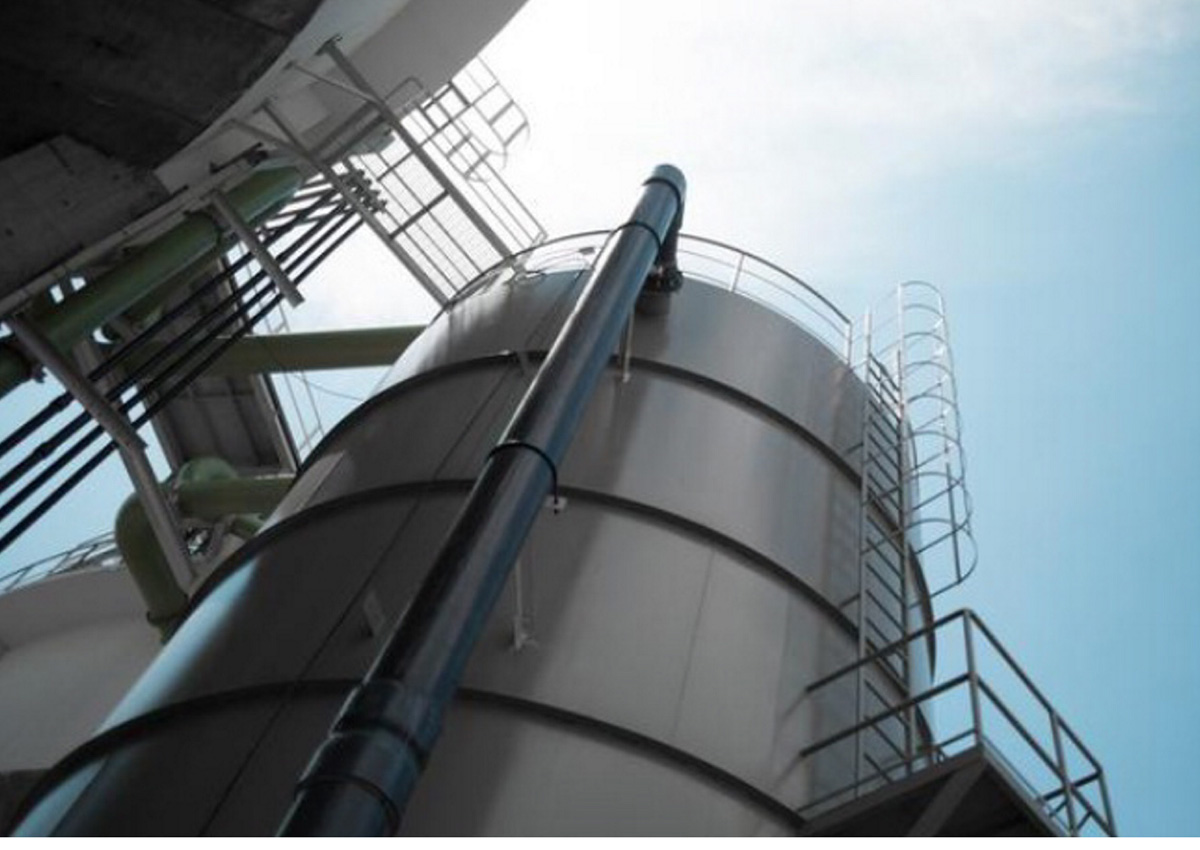The PUB has announced its choice of builder for Singapore’s fourth desalination plant, which will allow it to boost treated sea water supply by nearly 25 per cent in 2020 and bring the Republic closer to self-sufficiency.
It picked Temasek-linked Keppel Corp’s infrastructure arm, diversifying the range of companies it works with on these strategic projects.
National water agency PUB announced yesterday that Keppel Infrastructure Holdings was the “preferred bidder”, edging out six other local and international companies.
They included Hyflux, which constructed the country’s first two desalination plants.
HSL Constructors is in the midst of constructing the third, expected to be completed next year. The firm did not bid for this tender.
Both Hyflux and HSL Constructors are from the private sector.
The fourth plant in Marina East, which will treat both fresh and sea water, will be completed in 2020.
It will increase water supply by 30 million gallons per day (mgd). The first three plants produce 130 mgd.
The move will help build a more weather-resilient water supply even as the nation’s water needs are expected to more than double by 2060.
Singapore currently uses 430 million gallons each day, with around half of the demand met by imported water.
The goal is to have desalination and Newater capacities meet up to 85 per cent of Singapore’s water needs by 2060.
Mr Chua Soon Guan, PUB’s deputy chief executive of policy and development, said of the new plant: “As a source independent of weather fluctuations, it is resilient against the vagaries of climate change and bolsters the reliability of our water supply against prolonged periods of dry spells and droughts.
“We have plans to expand Singapore’s desalination capacity to meet up to 30 per cent of our future water needs.”
Keppel Infrastructure said the plant will use reverse osmosis and other “advanced membrane technology”, but said it could not provide more details until the agreements are finalised and executed.
Professor Neal Chung, principal investigator at the Environmental Research Institute, said it is important for Singapore to have multiple companies with such capabilities, such that it does not put all its eggs in one basket.
However, the challenge on the horizon, he added, is finding a way to keep energy consumed through the desalination process low.
Conventional reverse osmosis – the method used to turn sea water into drinkable water – is known to be an energy guzzler.
“The key is to produce water at low energy, hence reducing the cost as well,” said Prof Chung, who is also from NUS’ department of chemical and biomolecular engineering.
Similar to the first two desalination plants in Tuas, the fourth desalination plant will be constructed under a Design, Build, Own and Operate arrangement.
Keppel Infrastructure will sign the Water Purchase Agreement with PUB by next month. It will supply water to PUB over a 25-year period from 2020 to 2045, at a first-year price of around $1.08 per cubic metre.
PUB said the plant’s close proximity to the Marina Reservoir provides the opportunity to treat water from the reservoir or the sea.
It added that the structures will be located outside the water sports areas and so will not affect such activities.
Read also: Reducing our water dependence on Malaysia

This article was first published on Dec 23, 2016.
Get a copy of The Straits Times or go to straitstimes.com for more stories.






